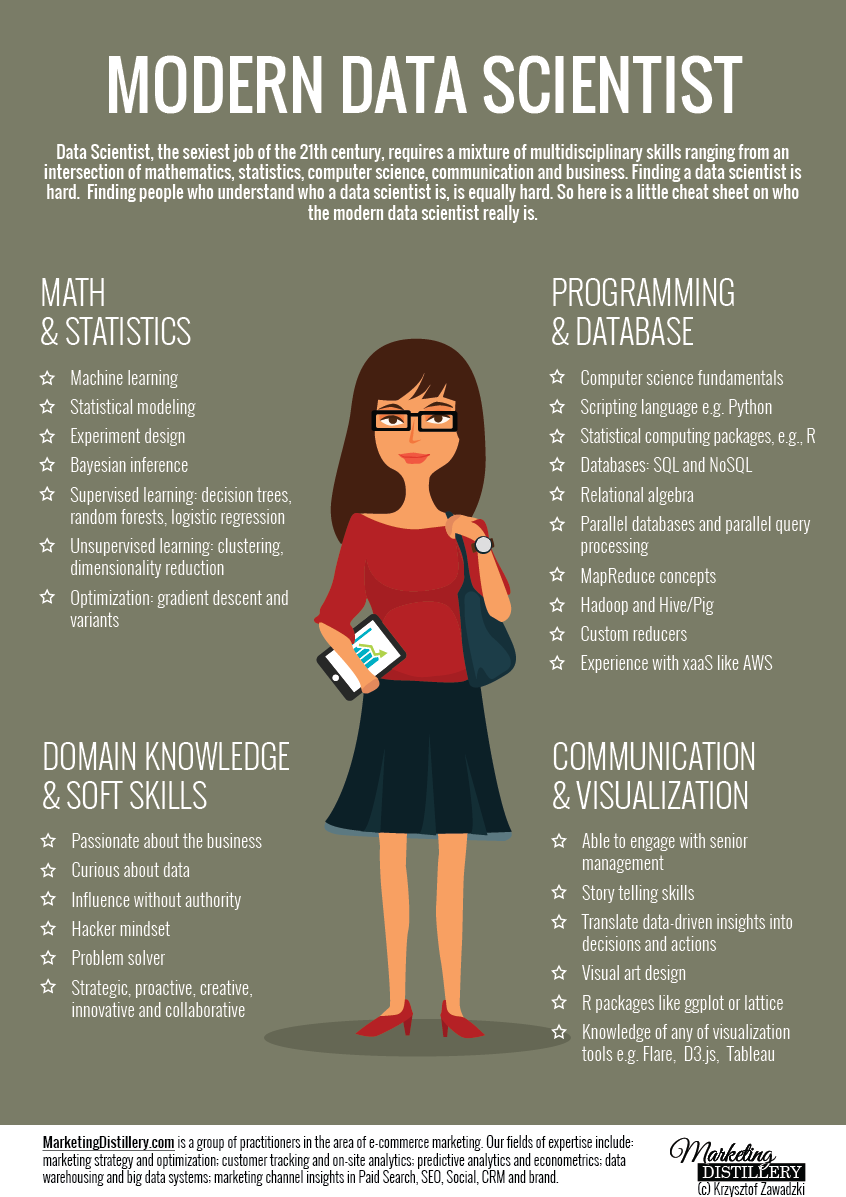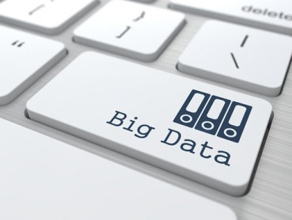"Sixty-five percent of the jobs that young students will work in when they hit the job market don’t actually exist today"
I have recently been introduced to the education community. One of the main topics of conversation when I talk to educators is, how are we preparing students to be ready for the job world. It was a conversation I had because the educator actually judged their performance on weather or not the students were prepared to work and add value in the workplace. In addition, I recently read that 65% of the jobs that young students will work in when they hit the job market don’t actually exist today.
I had always thought that if I had children, I wouldn’t know what profession to guide them toward, but I do have a few beliefs of what would be important. I think knowing a 2nd language, being able to play an instrument and having the ability to speak in public (well) were all important skills.
However, one afternoon I was looking at my own industry and thought, the next big job, for years to come will be a Data Scientist. There are a few good reasons for this. Other professions that may change, be reduced or even eliminated, are going to be done so because of data. IDC states that data is growing at the rate of 40+% CAGR reaching nearly 180 zettabytes by 2025. We have all heard the quote, “We have created as much data in the last 2 years as we did from the dawn of time until then.”
If we think about what we did when I was a student (a mere 30 years ago) analytic thinking was something we had to learn but we processed on much much smaller data sets, data that we either knew, or could go look up in a book. Fast forward to today when you carry a computer in your pocket that has access to an unlimited amount of data. The knowledge you need to poses now in order to process that data is probably even more than all the data we could collect on a topic 30 years ago. A good example of this was stated in Wired Magazine as recently as last month “The doctors of the future will have to become data interpreters tapping into Watson like technical tools to both diagnose conditions and optimize treatments - This transition promises to make healthcare more effective and ideally will allow doctors to focus even more on the important task of patient service.”
Add to this the whole IoT (Internet of Things) movement and social movement and you are staring at a tsunami of data just waiting to be processed. There are now over 7,000 APIs and 12,000 databases (from data.gov) that businesses can tap into to supply them with data they can process and help them with their business decision making process and make them more competitive.

The challenge is going be knowing what data to analyze and how to interrupt the results of that data in order to help a business be more competitive. What are the skills you would need? Definitely math, science, statistics, and communication. However, there are quite a few others, especially in the social realm. Think about what you need to know about people to process data and ask the right questions. For example, if you were a big data scientist for WalMart trying to figure out winter jacket inventory for New England, you might look at census data to surmise that there are more men than women in New England, or more adolescents than adults. All of this may factor into size distribution and color. You may want to look at whether bureau data to see that it will be an unseasonably warm winter and you may need less jackets. In addition, having some social media knowledge or skills could be even more helpful. For example, if the latest twitter stream talks about the fact that “this winter jackets are out, vests and hoodies are in”, this could change the inventory, have Walmart buy, ship and restock less and help them be more competitive.
Today and in the future, students will need to have the same or even greater problem solving skills and will be able to ask an infinite number of questions to come to the right answer, and an even greater number of tools to help them process the questions. Getting to the answer is still going to take having broad knowledge of all the different places where data lives and how to access that information and use it to help solve challenges. Seems like one of the better career choices to me.
